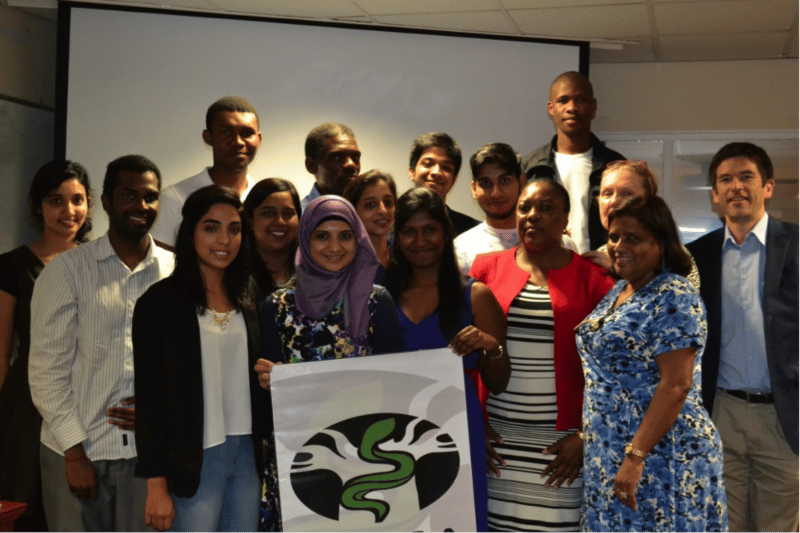
The South African Medical Students Association (SAMSA) Standing Committee of Sexual and Reproductive Health including HIV/AIDS presented a Workshop on Maternal Health and Access to Safe and Legal Abortion in commemoration of 28 September. The event saw more than 50 medical and nursing students as well as numerous SRHR organisations come together to speak and discuss on numerous topics pertaining to Maternal Health and Abortion, including:
• Dr Roland E Mhlanga, a specialist in obstetrics and gynaecology, who was instrumental in helping implement the Choice of Termination of Pregnancy Act 1996 in South Africa.
• Professor Elna McIntosh, a sexologist, sexual health advisor, educator, researcher and therapist.
• Dr Neil F Moran, a specialist in obstetrics and gynaecology and KwaZulu-Natal Facilitator of the National Committee for Confidential Enquiries into Maternal Deaths
• Dr Paduruth Ramlachan, a medical doctor with an interest in sexual health.
• Sister M Nsomi, a registered professional nurse who currently works at a legal public Termination of Pregnancy (ToP) clinic in Durban.
Topics discussed included the Sustainable Development Goals (SDGs) with regards to Health, maternal deaths in South Africa, sexual health during pregnancy and post-partum, motivation for and implementation of the Choice on Termination of Pregnancy Act in South Africa, safety of medical and manual vacuum aspiration abortions and contraceptive use.
An important aspect of the presentations were personal stories and experiences of the speakers in clinical settings. Sister Msomi’s experiences (a registered nurse) at the Termination of Pregnancy clinic where she works silenced the audience when she described the discrimination they face from other health care workers on a daily basis by being called names such as ‘killers’ and ‘murderers’. As health care students and future health care workers it is ABSOLUTELY important for us to separate our personal and religious views from our professional ethos.
We know that besides complete abstinence from sex, complete prevention of pregnancy cannot be ensured, even with use of contraception. Therefore it is vital for us to advocate, teach patients and ensure access to modern contraception to women, men and adolescents not only as a means to prevent pregnancy but also for preventing sexually transmitted infections. We need to stress dual contraceptive use, and ensure that adolescents are given contraception in a manner that is not biased.
With regards to Termination of Pregnancy, if individuals are willing to provide the service they should be allowed to perform the procedure without receiving criticism from other health care workers or society in general. We cannot and should not allow for women to die or suffer from temporary or permanent disability from complications of an unsafe abortion when they could receive one from trained individuals, which is an absolutely safe procedure.



